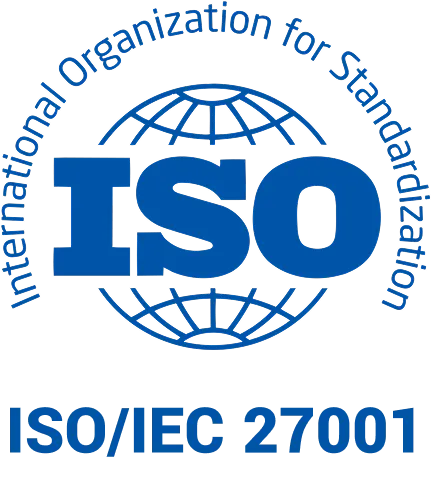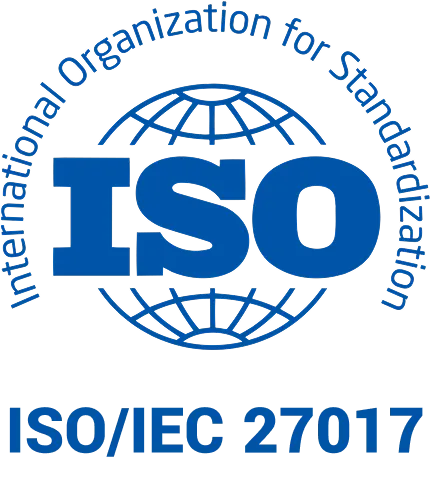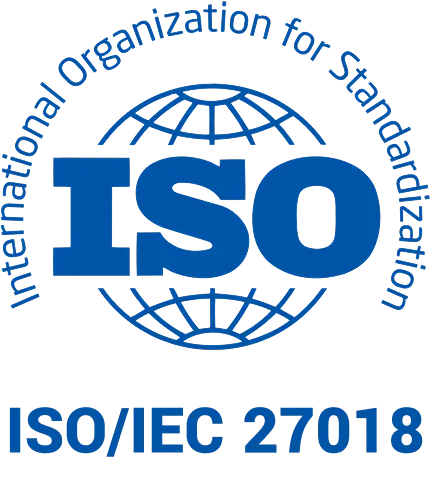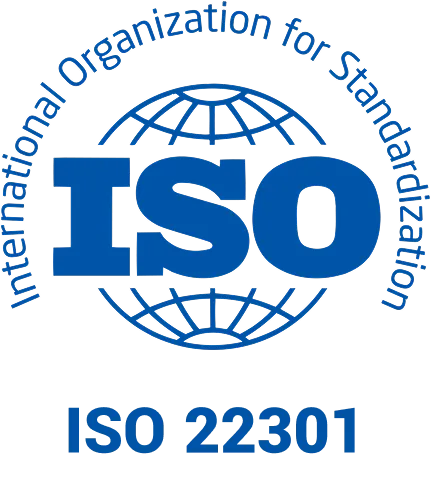
Upskilling: What it is and why enhancing employee skills and competencies is so important?
Upskilling is the process of continuously enhancing employees' skills, essential in a rapidly changing business and technological environment. This term refers to investments in employees' development that not only increase their qualifications but also enable organizations to remain competitive in the job market. In the era of digital transformation and rapid technological changes, upskilling has become a crucial element of HR strategy, allowing talents to adapt to evolving business and technological needs. Through effective training programs, employers can address skill gaps and transform market challenges into development opportunities for their employees. Upskilling not only enhances individual talents but also contributes to the growth of the entire organization by promoting a culture of continuous learning and adaptation.
The role of upskilling in employee development
Upskilling is a tool that enables both personal and professional growth for employees. By systematically enhancing skills, employees gain new competencies that not only meet current job market demands but also open up new career paths. Thanks to upskilling, teams become more flexible, able to adapt to changing conditions, and can effectively respond to new challenges, directly impacting their job satisfaction and loyalty to the company.
Upskilling strategy in modern organizations
An upskilling strategy is essential for modern organizations seeking to maintain market competitiveness. In the age of rapid technological progress and continuous changes, regular training and skill development are key to organizational strength and flexibility. An effective upskilling strategy not only meets employees' individual development needs but also contributes to building a strong and innovative organizational culture, which is crucial for long-term success.
Implementing upskilling in organizations
Implementing upskilling within organizations begins with a thorough analysis of training needs, considering both current skill gaps and anticipated industry changes. Based on this analysis, HR develops personalized training programs tailored to the needs and development opportunities of individual employees. This process requires close collaboration between team leaders, the HR department, and the employees themselves to ensure that the programs are not only effective but also engaging and motivating for the employees.
The impact of upskilling on the job market
Upskilling influences the job market by transforming both employment dynamics and competency requirements. As new technologies and work methods become increasingly prevalent, upskilling enables employees to stay within their industries by expanding their competencies and skills. Organizations investing in skill development are better able to adapt to changing market conditions, which ultimately enhances their competitiveness and innovation.
The importance of upskilling and reskilling
Upskilling and reskilling have become cornerstones of modern talent management strategies. In today’s fast-changing business world, where new technologies continually redefine job roles, both processes are essential for organizations to keep up with current and future market demands. Upskilling allows for the enhancement of existing employee skills, while reskilling opens pathways to complete retraining for new roles that may be more critical to the company's future.
Practical benefits of upskilling for businesses
Upskilling offers organizations several long-term benefits that are evident not only in increased productivity but also in better adaptation to changing market conditions. Organizations focusing on skill development gain a more engaged and flexible workforce capable of effectively leveraging new technologies and work methods. Such a strategy not only enables better utilization of internal talent but also contributes to enhancing the company's competitiveness. Additionally, regular upskilling programs help retain valuable employees who feel their development is supported and valued.
Integrating upskilling with reskilling is a strategic combination that allows companies to effectively respond to current and future challenges. Reskilling enables employees to transition to new roles that may emerge due to technological or market changes, while upskilling ensures the updating of their current skills. This combination allows organizations to adapt more quickly to market and technological changes while building a balanced and integrated team. Such a strategy not only improves work efficiency but also helps build a strong and innovative organizational culture that supports continuous skill development.




































